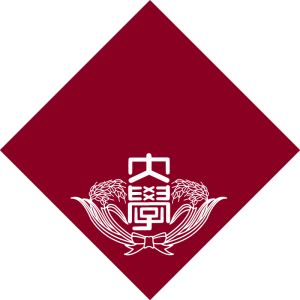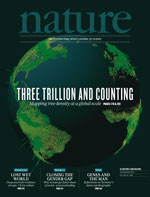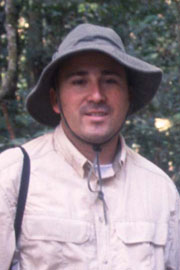 A highly cited cancer researcher at MD Anderson has notched three major corrections, all associated with problems in figures. One note cites “human error” as the cause.
A highly cited cancer researcher at MD Anderson has notched three major corrections, all associated with problems in figures. One note cites “human error” as the cause.
Bharat Aggarwal is the last author on all three papers. He is now up to six corrections, two unexplained withdrawals, and two Expressions of Concern. He’s also threatened to sue us in the past, and has told us that his institution has been looking into his work.
Only one note specifies that the correction does not affect the paper’s conclusions.
First up: “Inhibition of growth and survival of human head and neck squamous cell carcinoma cells by curcumin via modulation of nuclear factor-κB signaling,” published in the International Journal of Cancer and cited 168 times, according to Thomson Scientific’s Web of Knowledge. The issues span two figures, according to the erratum note:
Continue reading MD Anderson researcher Aggarwal up to six corrections








 Oncogene is retracting a 2010 paper on
Oncogene is retracting a 2010 paper on